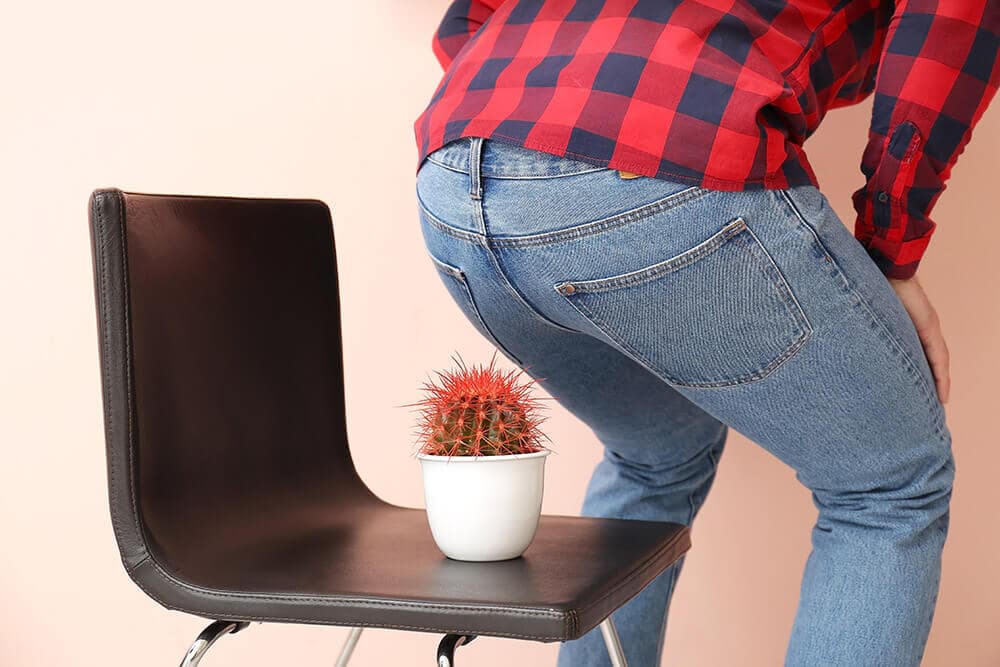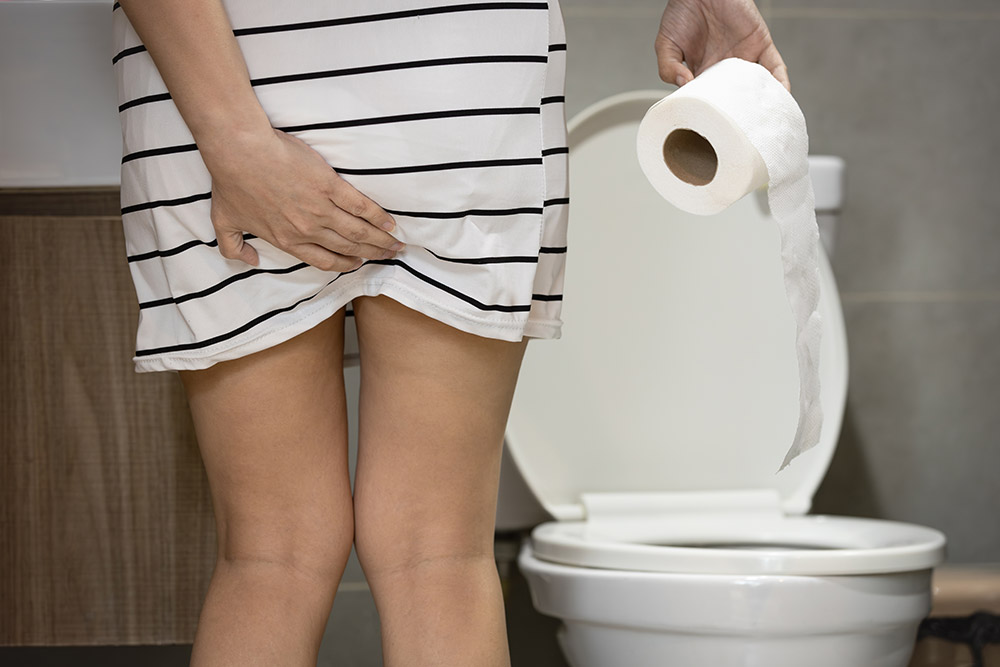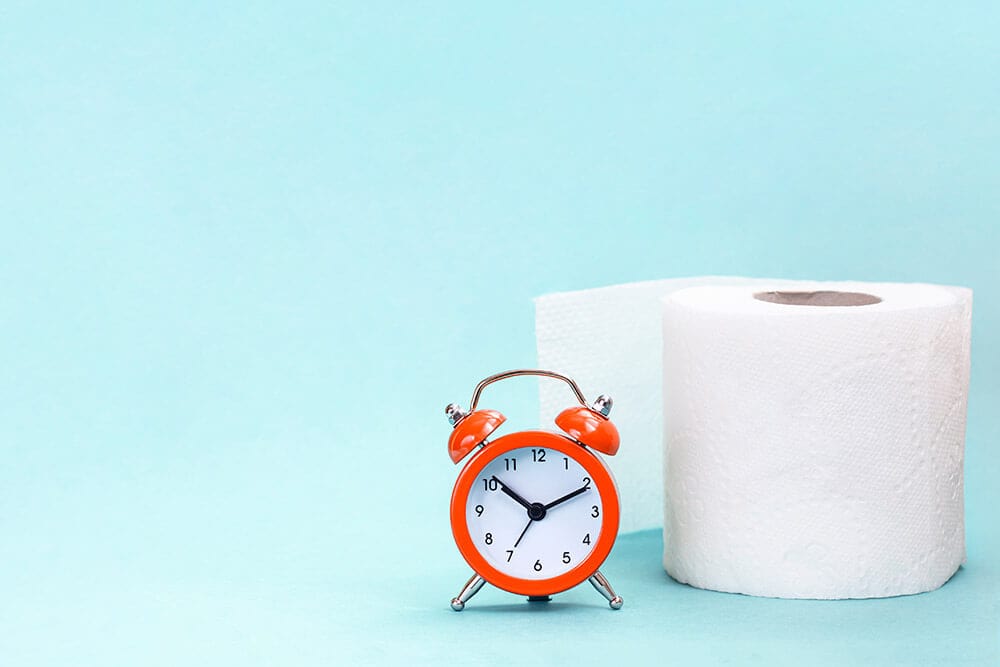What Is an Anal Fissure?
An anal fissure is a small tear or crack in the lining of the anus that often causes sharp pain and bleeding during bowel movements. While many fissures heal with simple self-care, persistent or chronic tears may require expert evaluation and treatment.
Common Causes and Risk Factors
- Straining during bowel movements, often due to constipation
- Passing hard or large stools
- Chronic diarrhea
- Childbirth or other anal trauma
- Low-fiber diet leading to dry, difficult-to-pass stools
Signs and Symptoms
- Sharp, intense pain during and immediately after a bowel movement
- Bright red blood on toilet paper or in the toilet bowl
- Itching, burning, or irritation around the anus
- A visible crack or tear in the skin of the anal opening
How Dr. Rishi Diagnoses Anal Fissures?
Dr. Rishi Chadha uses a step-by-step approach:
Medical History and Symptom Review
He discusses your bowel habits, diet, pain onset and intensity, bleeding episodes, and any prior anorectal issues.
Physical Examination
With a gentle visual inspection, Dr. Chadha looks for visible tears, skin tags or sentinel piles around the anal verge.
Anoscopic Evaluation
Using a small, lubricated anoscope, he carefully assesses fissure depth, location and any associated inflammation.
Digital Rectal Exam (if indicated)
In select cases, a gentle finger exam helps evaluate sphincter tone and rule out other causes of pain.
ICD-10 Coding & Documentation
He assigns the appropriate ICD-10 code (K60.x) to ensure accurate medical records and guide your personalized treatment plan.
Frequently Asked Questions
How long does it take to heal an anal fissure?
Most acute fissures heal in 4-6 weeks with self-care and diet changes.
Can I prevent anal fissures?
Yes. Eat high-fiber foods, stay hydrated, and avoid straining during bowel movements.
What is the anal fissure ICD-10 code?
K60.0-K60.3 cover acute and chronic fissures in different locations of the anus.
Are stool softeners safe long-term?
Used short-term, they ease stool passage. Your doctor will guide you on safe, appropriate duration.
Does Botox hurt?
Most patients feel only minor discomfort or a slight pinch during the injection.
When is surgery needed?
If 6-8 weeks of self-care and medications fail to heal the fissure, a minor surgical repair may be recommended.
What is anal fissure self-care?
Warm sitz baths, increased fiber intake, gentle cleaning after bowel movements, and avoiding heavy lifting.
Can children get anal fissures?
Yes, often from hard stools. Kid-friendly high-fiber diets and sitz baths help promote healing.
Will I need follow-up appointments?
Yes. Dr. Chadha schedules follow-ups to monitor your healing and adjust treatment if needed.
Do fissures come back?
With a high-fiber diet, good hydration, and proper hygiene, most patients avoid recurrence.











